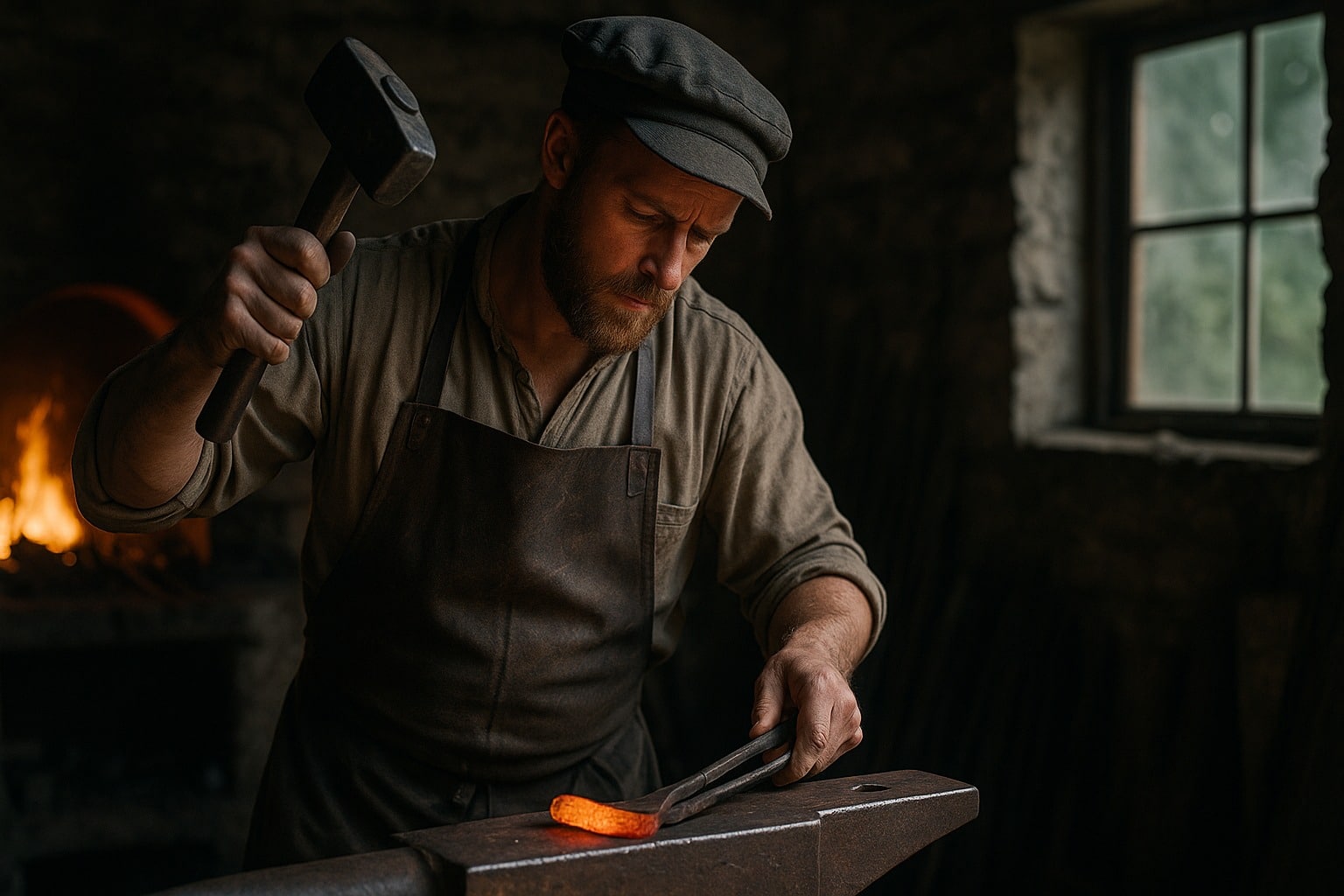In the age of artificial intelligence and hyperconnectivity, few would imagine that a job from the 1800s — long considered obsolete — could make a major comeback. And yet, this once-forgotten profession might soon be back in demand, for reasons that surprise even industry experts.
As modern society grapples with new technological challenges and a growing need for human-centered solutions, some old skills are regaining value — including one you’ve probably never thought of.
A Job Born in Simpler Times
In the 19th century, every town had one. They didn’t use screens or algorithms, but they were trusted by families, businesses, and travelers alike. Their role? To remember, observe, and retell.
We’re talking about the town chronicler — or what some might call today a story collector, memory keeper, or even a professional listener.
Armed with pen and notebook, they documented local events, preserved oral histories, and gave voice to those who didn’t have one.
“Before social media, they were the social memory,” explains a cultural historian.
“They didn’t just write history. They made sure it wasn’t forgotten.”
Why the World Might Need Them Again
At first glance, the idea seems romantic, even outdated. But dig deeper, and you’ll find a surprising overlap between old-world chroniclers and today’s emerging needs.
In a digital world overflowing with noise, people crave authenticity. More and more communities, museums, and even companies are hiring narrative experts to document personal stories, highlight cultural heritage, and give meaning to lived experience.
Add to that the booming popularity of podcasts, documentaries, and oral history projects, and suddenly, this old profession looks incredibly modern.
The Rise of “Slow Journalism” and Human Connection
Forget clickbait. Slow storytelling is on the rise — and audiences are hungry for it. From long-form interviews to community archives, we’re seeing a revival of jobs that focus on empathy, detail, and emotional truth.
“The future of storytelling might be analog in spirit,” suggests one media analyst.
“It’s about deep listening, not quick impressions.”
In fact, some startups and nonprofits are already training new generations of ‘modern chroniclers’, tasked with capturing forgotten voices — in nursing homes, rural villages, or immigrant communities.
A Future Rooted in the Past?
As AI reshapes creative industries, jobs that rely on uniquely human traits — like empathy, curiosity, and cultural memory — may become priceless.
So while it may sound surprising, this 19th-century job could soon be one of the most meaningful of the 21st century.
And maybe that’s the real progress: not forgetting where we come from… to better understand where we’re going.
Would you like similar articles about surprising careers, human skills, or how the past is shaping the future?

